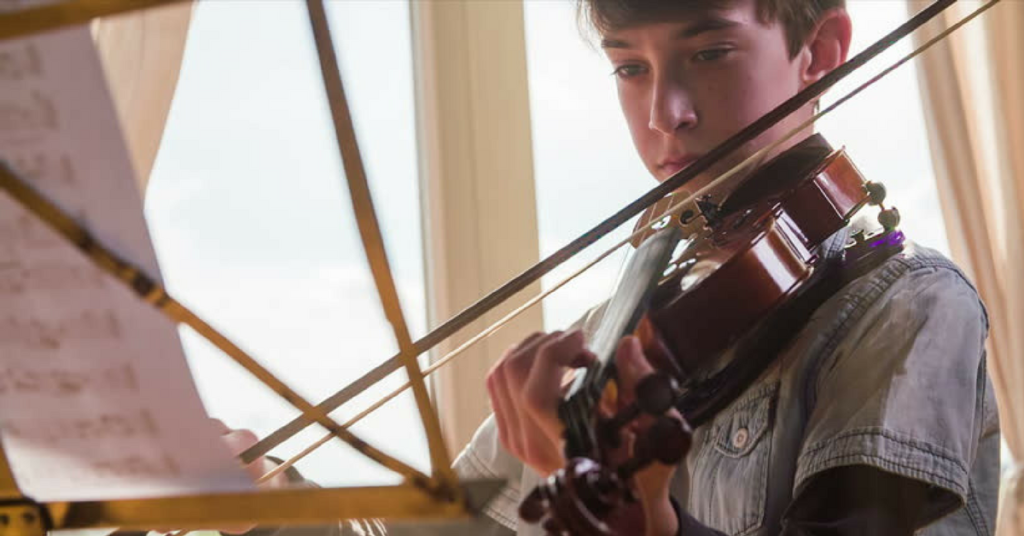You find yourself ready to practice. Instrument at the ready and notes on the verge of cutting through the air with the madness of pure expression and virtuosity. But wait! A problem arises and a wall is placed firmly between your abilities and the far reaches of your imagination. You may ask yourself, “How do I overcome my obstacles?” “How do I carry on with the ever forward progress of learning and mastery?” The answer is simple. The answer is more than just practice, it is the efficient and essential use of proper practice. While many have said that practice makes perfect it is truly perfect practice that makes perfect. Let’s dive into some techniques and ideas to use the best of our time and our brains.
First comes the observation of our surroundings. Remember that a distracted mind is a distracted practice. It is best to limit the diversions that can throw attentiveness to the curb. To be sure of an absence of interruptions it is important to find a secluded and fairly isolated location. One comfortable and familiar often suites best. Furthermore, the presence of another person is an almost constant opposition to concentration. This form of social distraction does not only apply to physical presence. In a modern world of immediate and superfluous contact, phones, computers, and many electronic devices serve as beacons of communication. They can distract the mind from focusing on a single process with a designated goal. In short, turn off that phone.
Thus we find ourselves beginning with an end. Set the goal ahead of time and keep it in a clear field of vision through the duration of practice. Meditating on a difficult excerpt from a piece you may be working on or designating time to a scale are just a few of the litany of possibilities. Generally, if goal setting finds you unaware and you’re not sure where to go, ask your teacher or a peer for advice and suggestions on specific problems and pieces. These goals are the blazes upon the trees that guide through the wood of practice. The itemized list of the material needed to be dissected illuminates the plunge into self-improvement. Pioneering the narrow path of rehearsal can be slippery and goals provide the grounding of purpose, a lack of which can lead to fragmented half-practice and wasted time.
Read more in Part 2!




